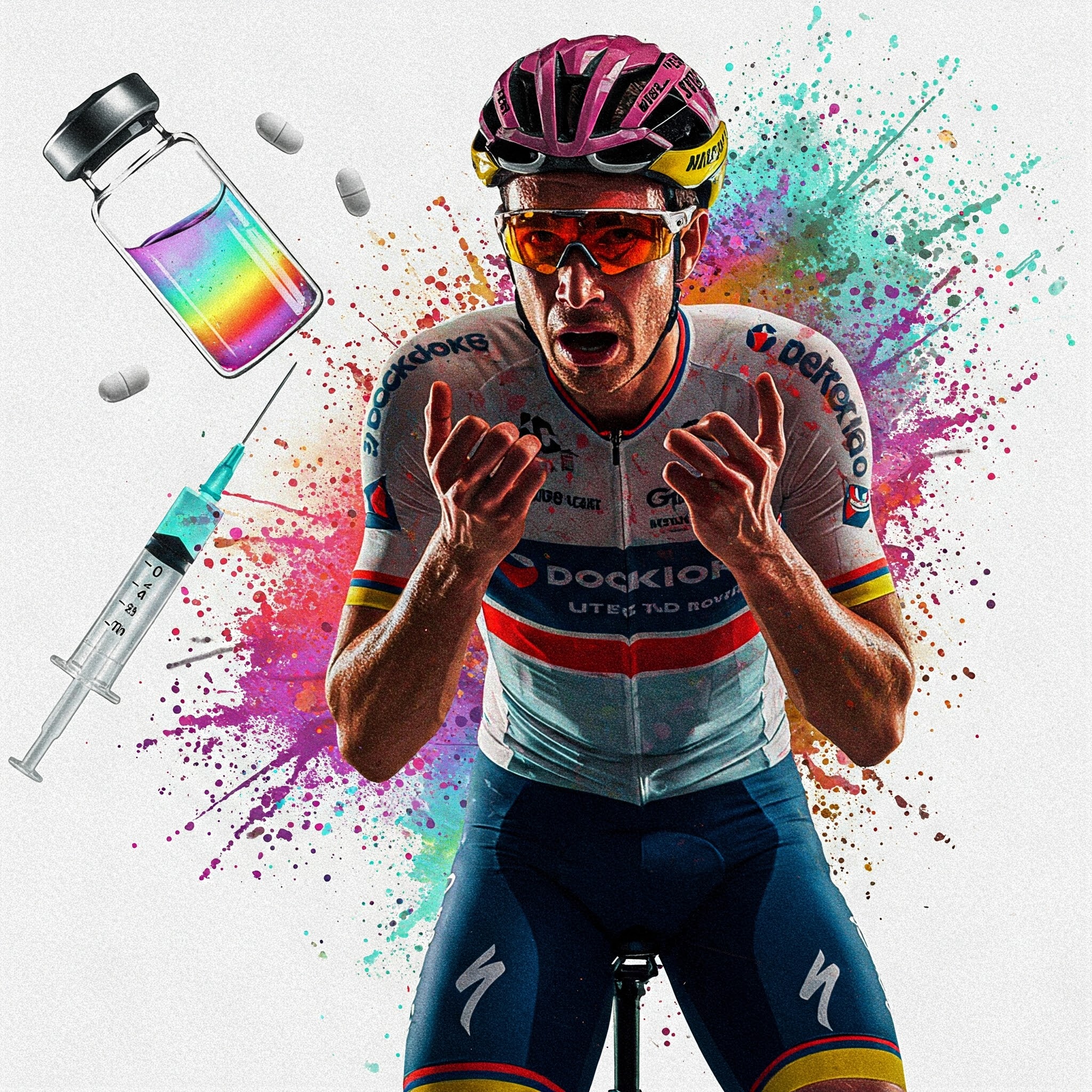Think doping is just a pro-sports issue? Think again. A recent study from the Czech Republic looked at over 1,000 teenage athletes and found that the way young people think about sports and success can seriously affect whether they’re tempted to use performance-enhancing drugs (PEDs).
Here’s the deal: athletes who focus on getting better for themselves (what scientists call “task orientation” and “intrinsic motivation”) are way less likely to cheat or use PEDs. They play because they love the game, not just to win medals or beat others. On the flip side, teens who are driven by ego, comparison, and outside pressure (like parents, coaches, or social status) were more likely to say doping was okay—and were more likely to actually do it.
The study found that focusing on self-improvement and personal growth leads to healthier choices and less interest in doping. Meanwhile, a win-at-all-costs mindset increases the chances of cheating and using drugs to get ahead.
The takeaway? Whether you’re an athlete or just someone pushing toward a goal, check your “why.” Doing it for the love of the game (or the grind) can keep your mind—and your body—clean, focused, and strong.




